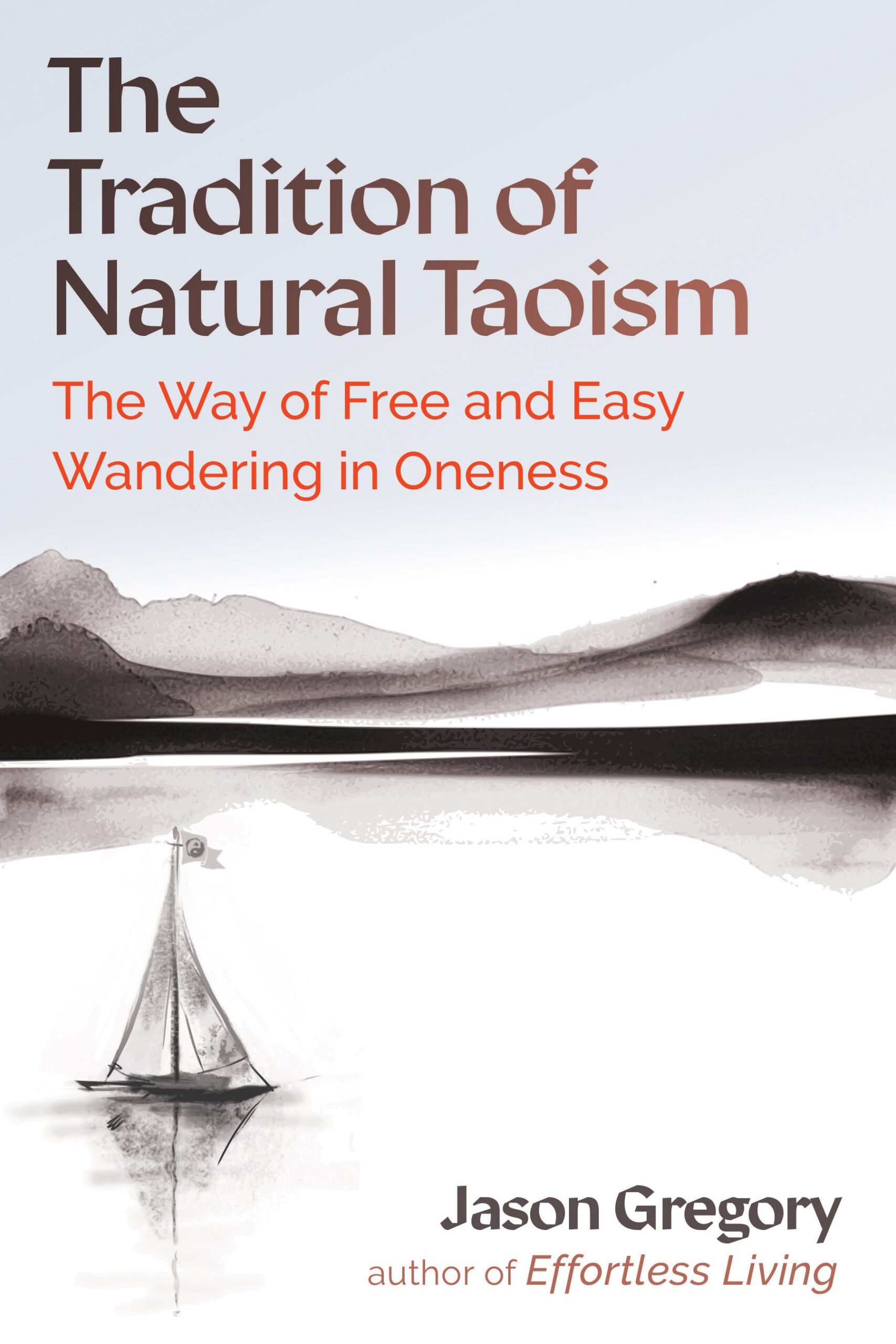The Eastern Science of Mind
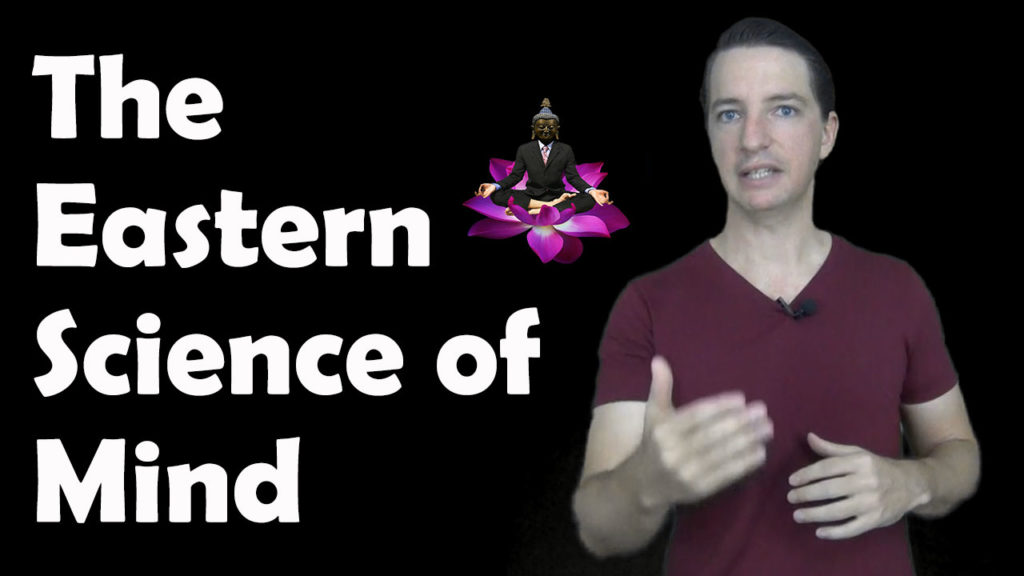
In this episode of Enlightenment Today I will speak about the scientific model of mind in the East. This model is the psychological system of the East, especially in India, and it is likely the first scientific model of mind. In ancient India this model was used in Hinduism, Buddhism, and Jainism. It is an advanced model of mind to this day in the East. Understanding this model is the key to comprehending the nature of suffering and, as a result, is a surefire way to heal ourselves. This is why it is connected to the concept of samsara, the wheel of suffering. Recommended Reading The Art of Living: Vipassana Meditation http://amzn.to/2CSx8D5 The Yoga-Sutra of Patanjali http://amzn.to/2B5WSKR
Affluence Kills Spirituality
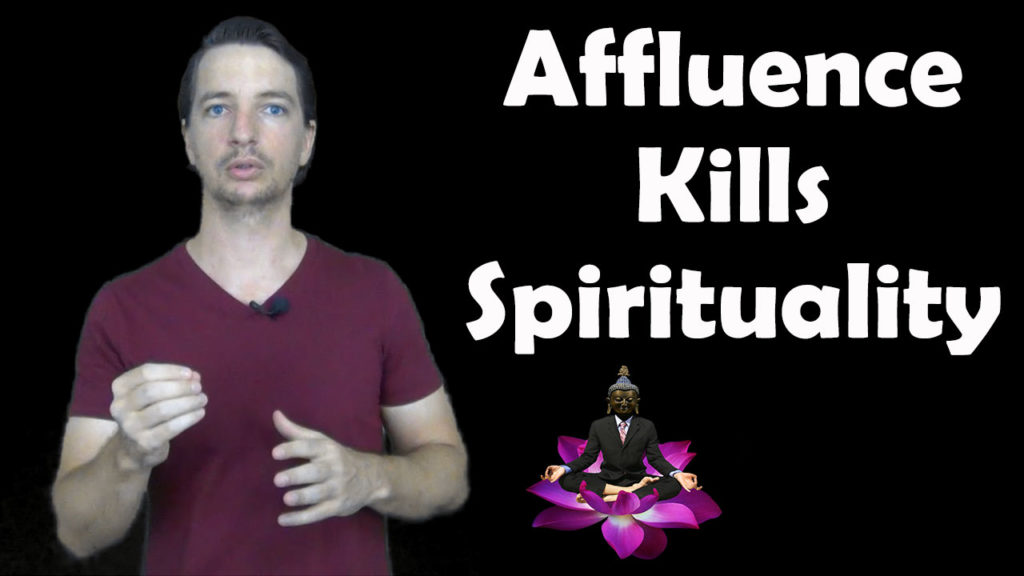
In this episode of Enlightenment Today I explore why affluence destroys spirituality and the sense of unity with life and God. Many people wonder why the world is becoming increasingly secular. There are people leaving religion by the droves and more people are comfortable with being an atheist. As the world becomes more affluent, the less it appears that people need religion or any type of spiritual belief system. The more affluent people are the less they think of God, death, and other mystical matters. Why is this happening? And we need to ask whether it is a real problem or just the nature of cultural evolution? Recommended Reading Why Religion is Natural and Science is Not http://amzn.to/2E5X2mV The Secret of Our Success http://amzn.to/2Cka8fW
Guru
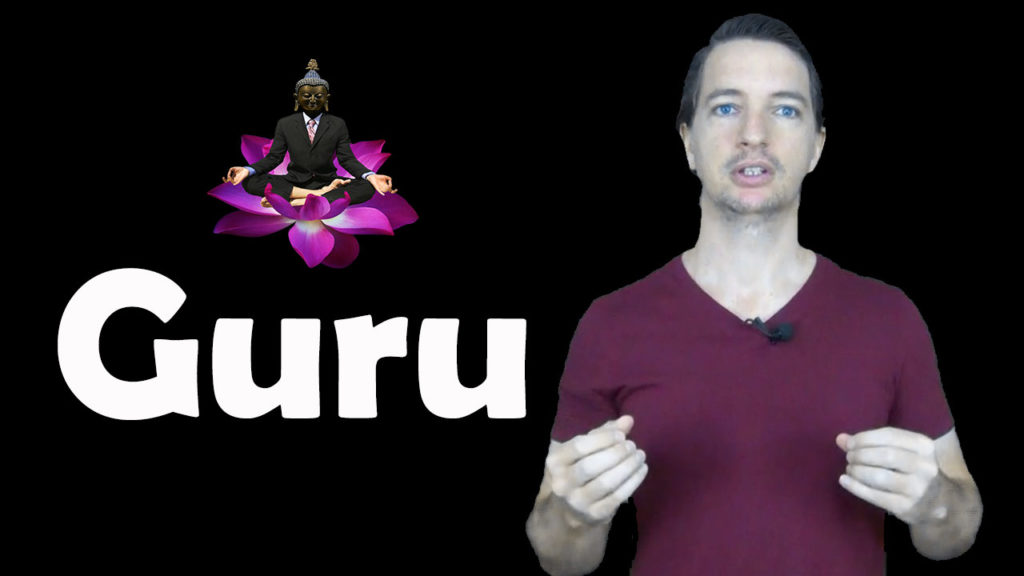
In this episode of Enlightenment Today I will explore the role of a guru, a spiritual teacher. You will discover who a guru is, why they are important, and also why in the modern world we have a nervous reaction when we hear the word. Recommended Reading Be as You Are http://amzn.to/2z1YML6 Autobiography of a Yogi http://amzn.to/2AEDhVk I Am That http://amzn.to/2ysAR6c White Fire http://amzn.to/2AFwdYv Total Freedom http://amzn.to/2C6p001 Inner Engineering http://amzn.to/2ChbEyK Shankara’s Crest Jewel of Discrimination http://amzn.to/2AFPoBH
Yugas: The Cycles of Time
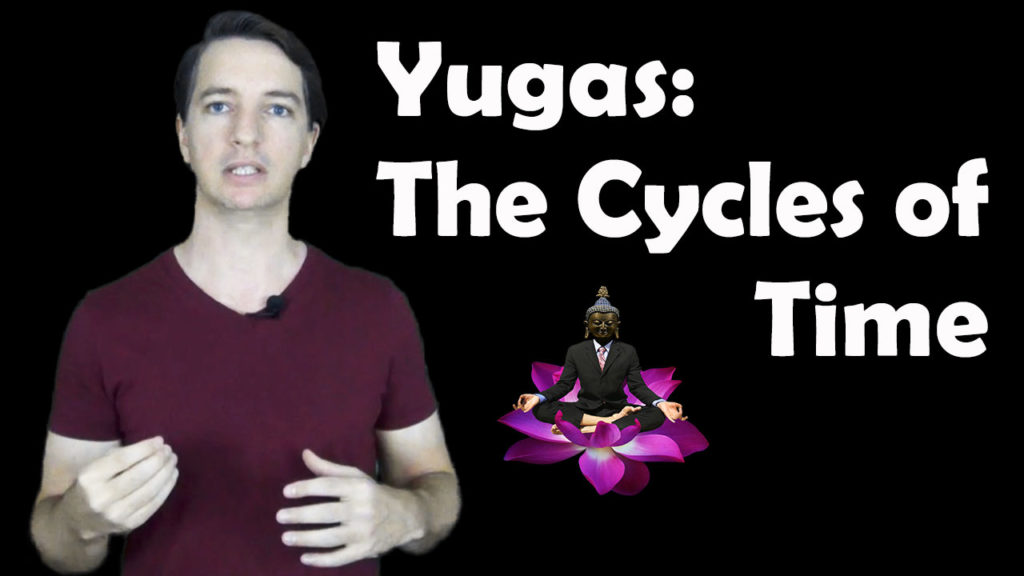
In this episode of Enlightenment Today you will learn about Hindu time system called the Yugas. The Yugas are a complex world-age doctrine of four ages. The Yugas map the cycles of change within the universe and consciousness. The Yugas build a solid framework for understanding how we experience time and eternity, and how they related to one another. You will find out in this episode what makes the Eastern view of time different to the Western view. Recommended Reading The Yugas http://amzn.to/2jziwze The Holy Science http://amzn.to/2ByoTux
Flow and Wu-wei
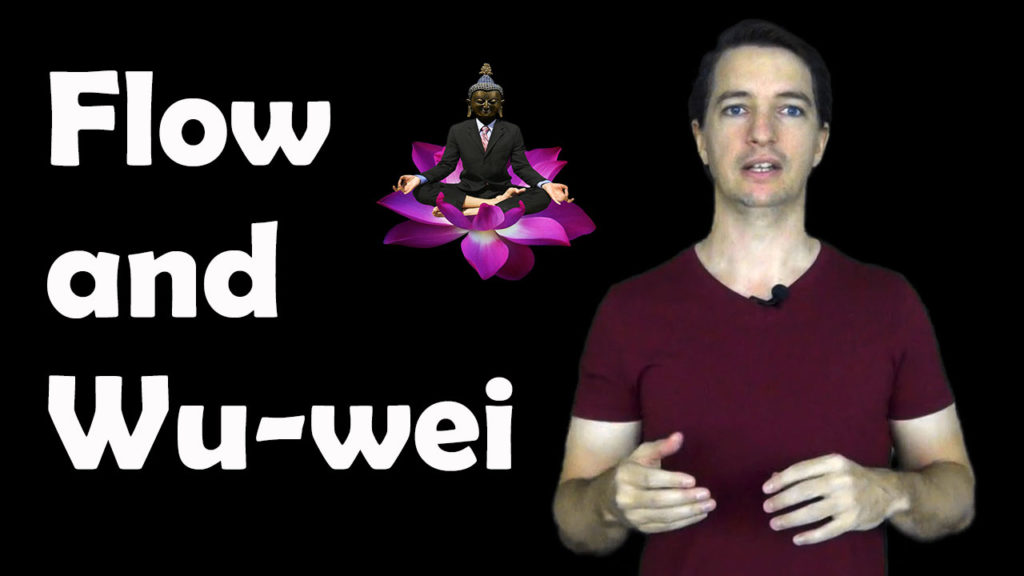
In this episode of Enlightenment Today you will learn about what a state of flow truly is and its original ancestor known in Chinese as wu-wei from ancient China, which is a concept at the heart of Taoism and martial arts. Flow is a term we use for an athlete, musician, writer, craftsman, or any artist when they appear to be in the zone. But our understanding of flow and how to induce it is at a novice level. You can tell this by how the word is loosely thrown around in popular culture. Most of us incorrectly think that this dimension of effortless skill and peak performance is a state of mind isolated to world-class performers. You need to eliminate this way of thinking and really absorb the information I am about to give you. This episode will give you the inside dope. Recommended Reading Flow http://amzn.to/2zhhYVm The Complete Works of Chuang Tzu http://amzn.to/2hFc1Kt Trying Not to Try http://amzn.to/2B8ouPx Tao: The Watercourse Way http://amzn.to/2hNGB8x
Siddhis: Magical Powers
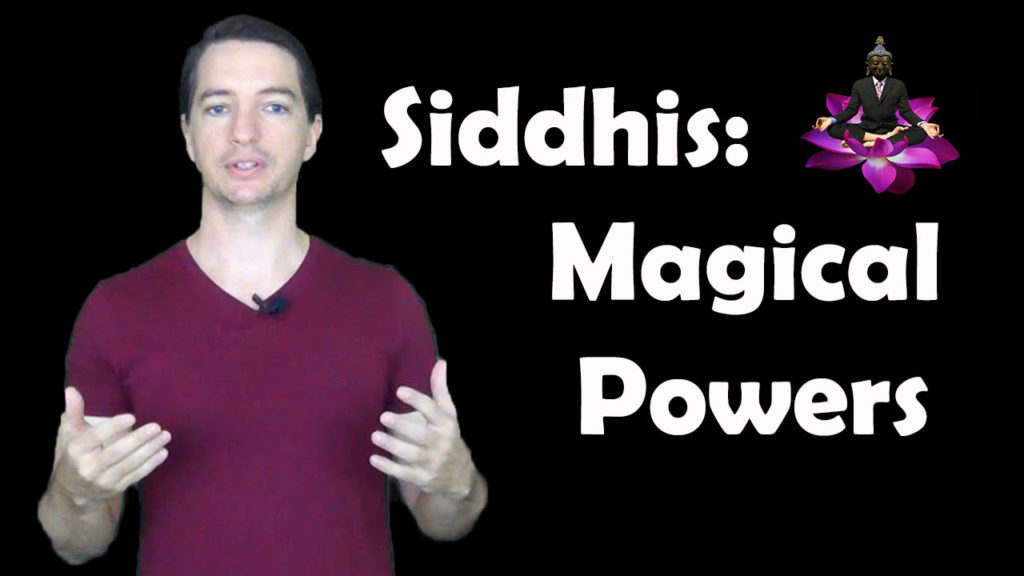
In this episode of Enlightenment Today we will explore siddhis, the attainment of magical powers through rigorous spiritual practice. Siddhis are mentioned in a host of texts in the East, some with a positive attitude to these attainments and others with a negative stance against them. In this episode I will give siddhis an honest and open hearing based on this unique phenomenon recorded by spiritual adepts which is found in the the traditions of Hinduism, Buddhism, Jainism, and Taoism. In the end it is a matter of whether you are skeptical or a believer of this ancient spiritual phenomenon. Recommended Reading The Yoga-Sutra of Patanjali http://amzn.to/2B5WSKR The Yoga Tradition http://amzn.to/2B7YinW The Upanishads http://amzn.to/2hR008t The Bhagavad Gita (S. Radhakrishnan translation) http://amzn.to/2iC0Pzd The Bhagavad Gita (Eknath Easwaran translation) http://amzn.to/2zU7wpI Brahma Sutras http://amzn.to/2BIkfuk Yoga Bija http://amzn.to/2knEObj Tantra: The Path of Ecstasy http://amzn.to/2BI0QK2 Bhagavata Purana http://amzn.to/2jJsWfp
God is No King
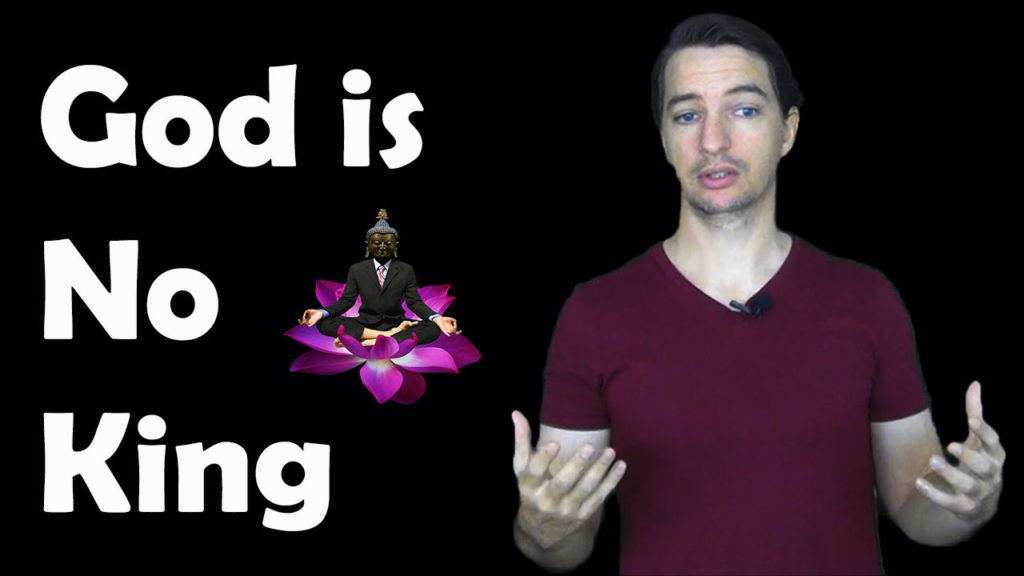
In this episode of Enlightenment Today we will explore the monarchical view of the universe. In the West there is a deep-seated belief that God is a ruler, lord, and king. This view influences our view of life in general and ultimately separates the individual from the essence of the universe. It doesn’t matter whether you are atheist, religious, or spiritual, this view effects us in ways we don’t realize. I explain in this episode how the idea of God as a ruler is built on a political analogy of the universe originating from ancient rulers who tried to lord it over their people, which ultimately influenced the view of Western religions. The Eastern view of divinity is diametrically opposed to the monarchical view. The Eastern view is more related to nature and is a holistic view of the individual as one with the universe. This episode explores both views and ultimately dispels the illusion of the monarchical view of the universe.
Chakras
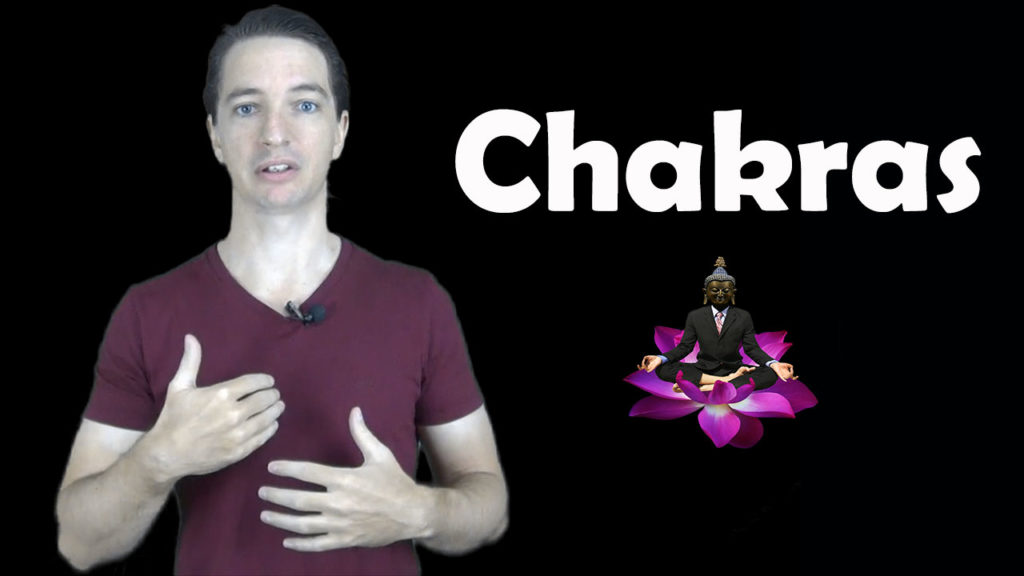
In this episode of Enlightenment Today we will explore the chakras. The chakra system has become a popular topic in New Age circles to which its tenets of kundalini, prana, and the understanding of energy have been misinterpreted. We will clarify that energy has more to do with psychology in relation to the chakra system. The chakra system is made of seven psychological centers and we will examine the characteristics of each chakra. The ultimate goal of the chakra system is to transcend duality, where the subject object split dissolves, leaving only the nondual state of ananda, pure bliss.
The Four Nutriments of Buddhism
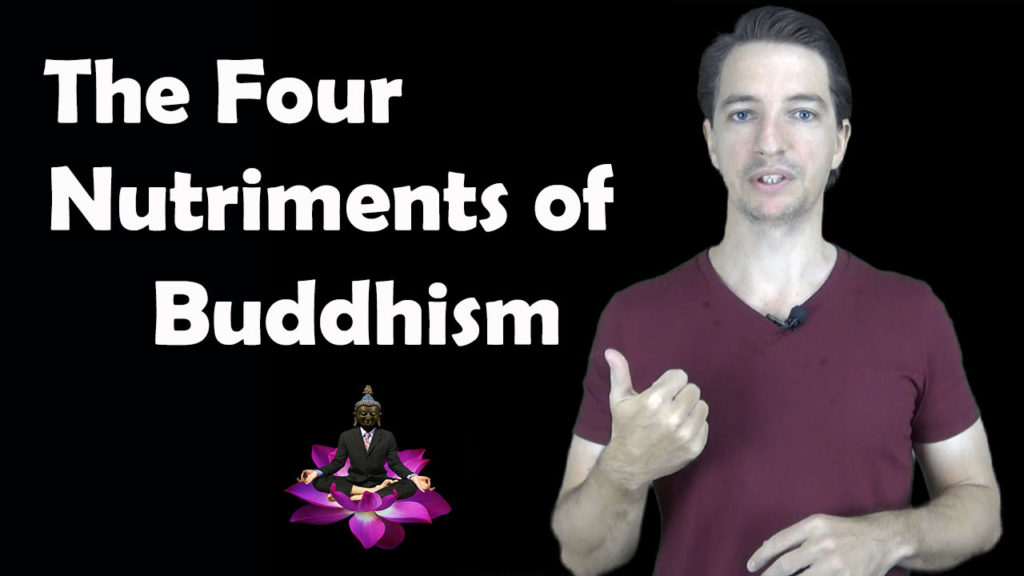
In this episode of Enlightenment Today we will explore the Four Nutriments of Buddhism. This Buddhist philosophy is about four kinds of food people consume daily. These are edible food, sense impressions, volition, and consciousness, both individual and collective. We will discover how these four nutriments can impact us in healthy and unhealthy ways, depending on what we consume and how aware we are of our consumption. In conclusion, we will examine effective strategies, such as fasting the mind and mindful awareness, which will allow us to remain healthy and peaceful because we will be taking in only those nutriments that help us thrive. Recommended Reading Silence http://amzn.to/2hGdKPI
The Seeker’s Mind
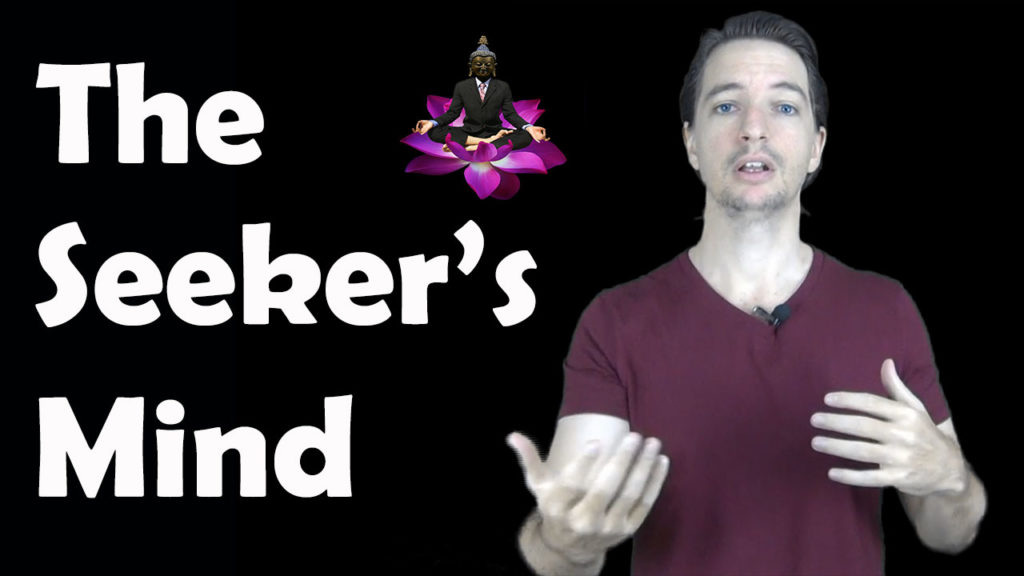
In this episode of Enlightenment Today we will explore the seeker’s mind. We will examine how learning is a constant process whether we like it or not. Learning nourishes our mind in the same way food nourishes our body. To “learn as if you were to live forever,” as Gandhi put it, keeps our feet on the ground and trains us to remain as a student in life rather than getting too far ahead of ourselves. We stay humble as a result. This attitude allows us to cultivate intelligence in a world where intelligence is dying due to overstimulation and entertainment addiction. When you are cultivating intelligence you are growing. Learning is growing and if you are growing then you have a real feeling of being alive.

